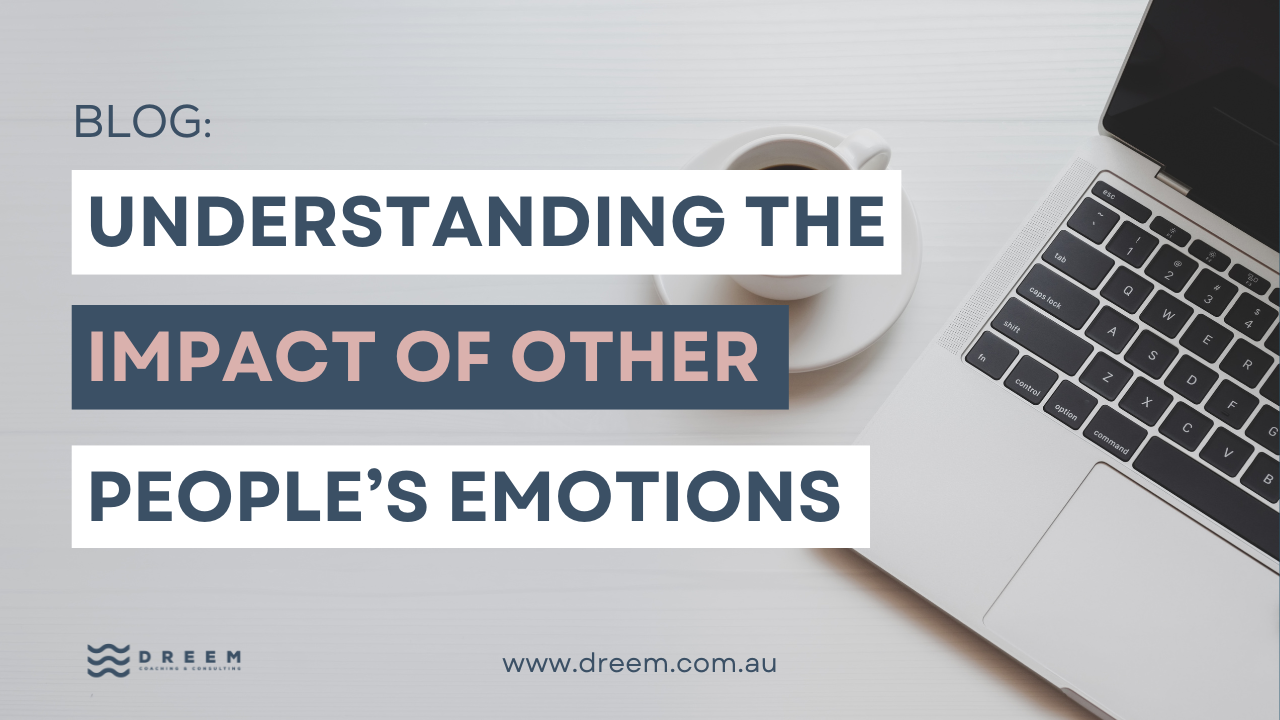THE BLOG
One Small Change That Could Transform Your Entire Life: A Guide to Strategy and Paradigm Shifting
Aug 19, 2025
Continue Reading...
If there is one blog you read today that could truly change your results for the better, let it be this one.
But promise yourself something. Do not just read it and carry on with your day. Read it. L...
Waiting for 2025 for things to magically get better? They won't!
Jan 21, 2025
Continue Reading...
2024: A Year of Challenges, Lessons, and Growth
This year has tested us all. From soaring cost-of-living pressures to political and global uncertainty, many of us feel stretched to our limits. Job lo...
Understanding The Impact of Other People’s Emotions
Sep 20, 2023
Continue Reading...
Every high-performing team is made up of individuals who are driven towards a common set of ambitious goals. The attempt to achieve substantial goals requires substantial input and commitment from all...




